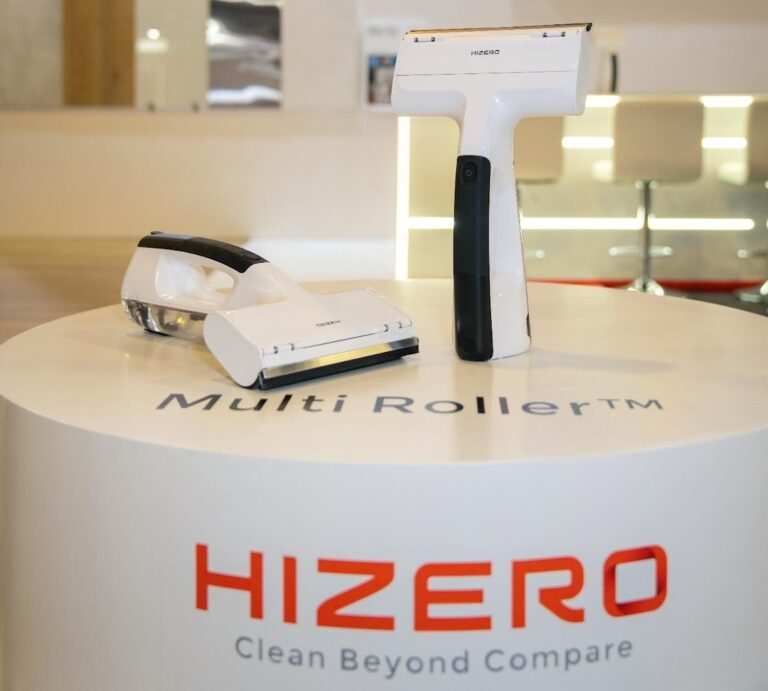
Event traffic management is crucial for ensuring the safety and enjoyment of attendees at any gathering, whether it’s a small community event or a large-scale festival. Effective traffic management plans can help prevent congestion, minimize delays, and ensure the event’s success.
Challenges of Event Traffic Management
- Large Crowds: Events with high attendance can create significant traffic congestion, especially if parking is limited or poorly organized.
- Limited Infrastructure: Events held in rural or remote areas may need more road infrastructure, making it difficult to manage traffic flow.
- Unexpected Circumstances: Unforeseen events such as bad weather or security incidents can disrupt traffic patterns and require swift adjustments to the management plan.
Critical Components of Effective Event Traffic Management
- Traffic Flow Planning: Develop a detailed plan for managing traffic flow, including designated entry and exit points, parking areas, and traffic signage.
- Parking Management: Ensure adequate parking is available and well-organized. Consider using shuttle services or remote parking areas to alleviate congestion.
- Signage and Wayfinding: Clear and visible signage is essential for guiding attendees to the event site and directing traffic flow.
- Traffic Control Personnel: Deploy traffic control personnel to manage intersections, direct traffic, and assist with parking.
- Emergency Preparedness: Have a plan to handle emergencies such as accidents or medical incidents.
- Communique: preserve powerful conversation with neighborhood authorities, occasion organizers, and attendees to provide updates and cope with any issues.
Tips for Managing Event Traffic
- Early Planning: Start planning traffic management well in advance of the event to ensure adequate time for preparation.
- Consider Alternatives: Encourage attendees to use public transportation, ride-sharing services, or carpooling to reduce traffic congestion.
- Implement Traffic Restrictions: If necessary, implement temporary traffic restrictions or closures to manage traffic flow.
- Utilize Technology: Consider using GPS navigation systems, traffic monitoring apps, and real-time updates to assist attendees.
- Evaluate and Improve: After the event, evaluate the traffic management plan and identify areas for improvement.
Event Traffic Management Tools and Services
- Traffic Management Software: Specialized software can help you plan and manage traffic flow, optimize parking, and monitor real-time traffic conditions.
- Traffic Control Equipment: Traffic cones, barricades, and signage are essential for managing traffic flow and directing attendees.
- Shuttle Services: To reduce traffic congestion, consider providing shuttle services from designated parking areas to the event site.
- Traffic Consultants: Hiring a traffic management consultant can provide expert advice and assistance in developing and implementing a comprehensive plan.
By implementing effective traffic management strategies, event organizers can ensure a safe and enjoyable experience for attendees while minimizing disruptions to the surrounding community.







